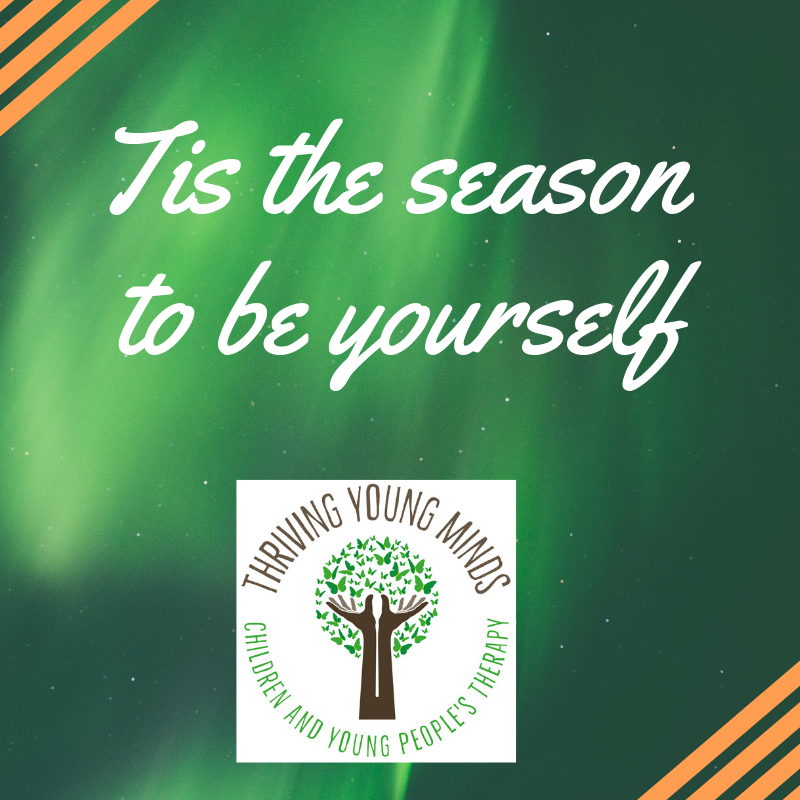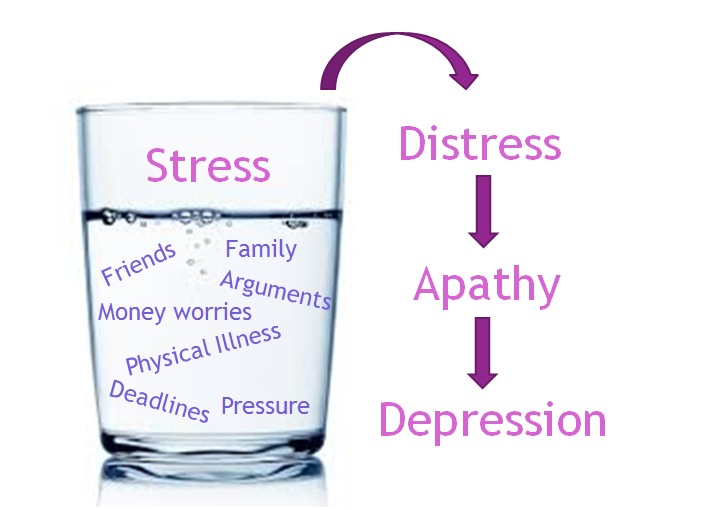When young people experience mental health difficulties, the ripple effect can be felt far and wide. The young person is at the epicentre, but as parents we are often the closest to it and feel the full force of the impact.
Findings from the 2017 NHS Digital survey show that one in seven 11-16 year olds and one in six 17-19 year olds have mental health difficulties. In a school of 1000, that’s 143 pupils. In a college of 2000, that’s 320 students. And these are just the ones who speak out or access support. That’s a lot of young people and a lot of parents, siblings and grandparents who experience the pain, despair and hopelessness.
How does this show itself at home?
In so many ways. A young person hiding away in their bedroom, crying silently, becoming aggressive, not wanting to see friends, not wanting to take part in activities, shouting at family members, changes to eating and sleeping patterns, loss of motivation, self-harm – the list goes on. If the young person struggles to understand and communicate their feelings calmly, the frustration felt by the whole family adds to the issue. Parents often mirror the young person’s process – feeling angry, upset, isolated and unsure what to do. The young person feels worse. The cycle continues.
How does this show itself in the counselling room?
In so many ways. Parents desperate to find an effective way to support their child, “I feel like a failure”, “ I feel like I have let my child down”, “I’m just lost”. Young people saying “I know I’m safe to cry at home”, “My dad is the only person I can talk to”, “I can’t show how I feel at school”. Or the role play where the child puts the figure representing them far away from the rest of the family, or creates their distress in clay and throws it away.
Home is often the safest place and those who love you are often the safest people to release your feelings to, even in unproductive ways.
As a parent this can be really challenging, so what can you do?
• Take a step back, being reactive prevents you from being creative in your response.
• Try to stay calm and observe – what is the young person really trying to tell you?
• Notice your own thoughts and feelings – these could be really big clues to what is happening for your child. It’s a natural empathy.
• Find ways to help your child express themselves – go for a walk with them, ask them to write things down or draw their feelings.
• Work with your child rather than trying to control what is happening.
• Ask what they need from you and reassure them that you will try to help.
• Get your own support, this can be a really tough process.
• Access professional help for you, your family and your child – speak to the school, college, university, GPs, family support agencies, counsellors.
• Recognise that you are not alone, this does not make you a bad parent and this is not your fault.
Useful Links
Young Minds
Young Minds – Help for Parents
This website contains useful information for parents including Parents’ Lounge, Parents’ Survival Guide and a helpline.
MindEd
MindEd for Families
MindEd for Families has online advice and information from trusted sources and will help you to understand and identify early issues and how best to support your child.
Action for Children
Action for Children – Support for Parents
This website provides information about supporting your child and support available near you.



